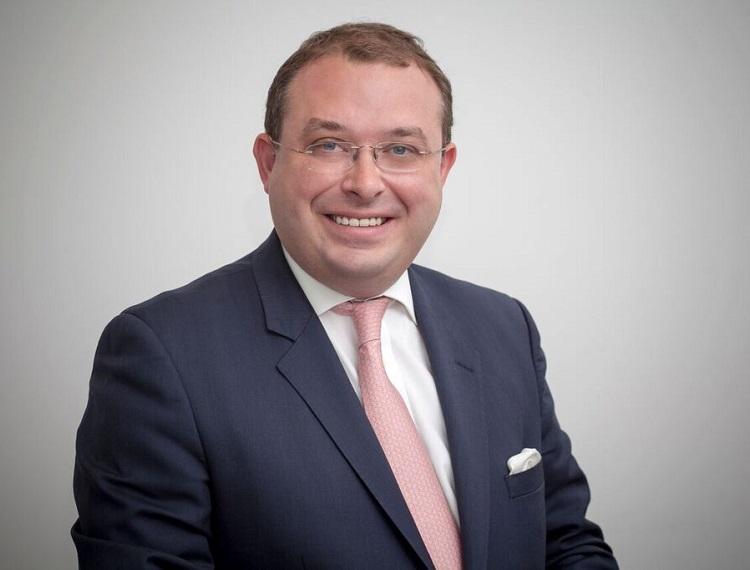New PR and Communications Apprenticeship Approved

A new PR and Communications Apprenticeship, developed by a group of 23 ‘trailblazer’ employers, has been approved by the Government for delivery from autumn 2017. This is a broader PR and communications apprenticeship than the existing one that the PRCA provides, and the Public Relations and Communications Assistant Apprenticeship will eventually replace the existing PR Apprenticeship programme.
Until the new apprenticeship is live, PR and communications teams will still be able to recruit apprentices on the existing PR Apprenticeship operated by the Public Relations and Communications Association (PRCA). This has been running for over three years and has seen just under 250 apprentices trained in organisations ranging from the NHS to SME PR and communications consultancies.
The new programme will place more emphasis on planning and evaluation in PR and communications, while also incorporating a broader range of communications skills, including using the latest social media channels and production of non-written content.
Francis Ingham MPRCA, Director General, PRCA, said:
“The Government’s approval of the new PR and Communications Apprenticeship framework is a fantastic vote of confidence in a programme that already is transforming our industry.
“The PRCA Apprenticeship programme has opened up our industry to hundreds of people who would previously never ever have considered PR and communications as an option. I am proud of our work here, and delighted that we will be able to build on the incredible success we have had already.
“There’s a very clear message to employers -if you want a diverse and dynamic workforce, employ an apprentice. With the new apprenticeship levy, it makes moral, business, and financial sense even more so than ever.”
The new standard has been approved following a rigorous two-year sign off process and a second PR and Communications Consultant Apprenticeship at masters-degree level will now be developed and is expected to launch in spring 2018.
Simon Francis CMPRCA, chair of the employers’ group that developed the standard and Founder Member of Campaign Collective, commented:
“Apprenticeships are a great way for all organisations to grow their own talent and ensure that PR agencies and in-house teams increase diversity and keep up-to-date with the latest social media trends.
“With the Apprenticeship Levy now coming into force, there is more appetite from the country’s biggest firms to take on apprentices. The development of the PR Consultant, masters-degree level, apprenticeship will see employers able to access government funding to train all entry level staff through apprenticeships.”
For more information and to find out about hiring a PR Apprentice, click here.
The new Standard can be viewed on the government website here.
The 23 Trailblazer employers are:
|
British Airways |
|
Albion Media |
|
Cabinet Office |
|
Claremont Marketing Communications |
|
Department for Education |
|
Golin |
|
John Doe |
|
KOR Communications Ltd |
|
On Broadcast |
|
Outsource Training |
|
PRCA |
|
Random House |
|
Richmond Towers |
|
Salix Consulting |
|
Sky UK |
|
Storm PR |
|
Tala PR |
|
Talk PR |
|
Taste PR |
|
The BOC Group |
|
University of Westminster |
|
WorldSkills |
About the PRCA
Who we are: Founded in 1969, the Public Relations and Communications Association (PRCA) is a UK-based PR and communications membership body, operating in 49 countries around the world. We represent in excess of 20,000 people across the whole range of the PR and communications industry. The PRCA promotes all aspects of public relations and communications work, helping teams and individuals maximise the value they deliver to clients and organisations.
What we do: The Association exists to raise standards in PR and communications, providing members with industry data, facilitating the sharing of communications best practice and creating networking opportunities.
How we do it and make a difference: All PRCA members are bound by a professional charter and codes of conduct, and benefit from exceptional training. The Association also works for the greater benefit of the industry, sharing best practice and lobbying on the industry’s behalf e.g. fighting the NLA’s digital licence.












Responses